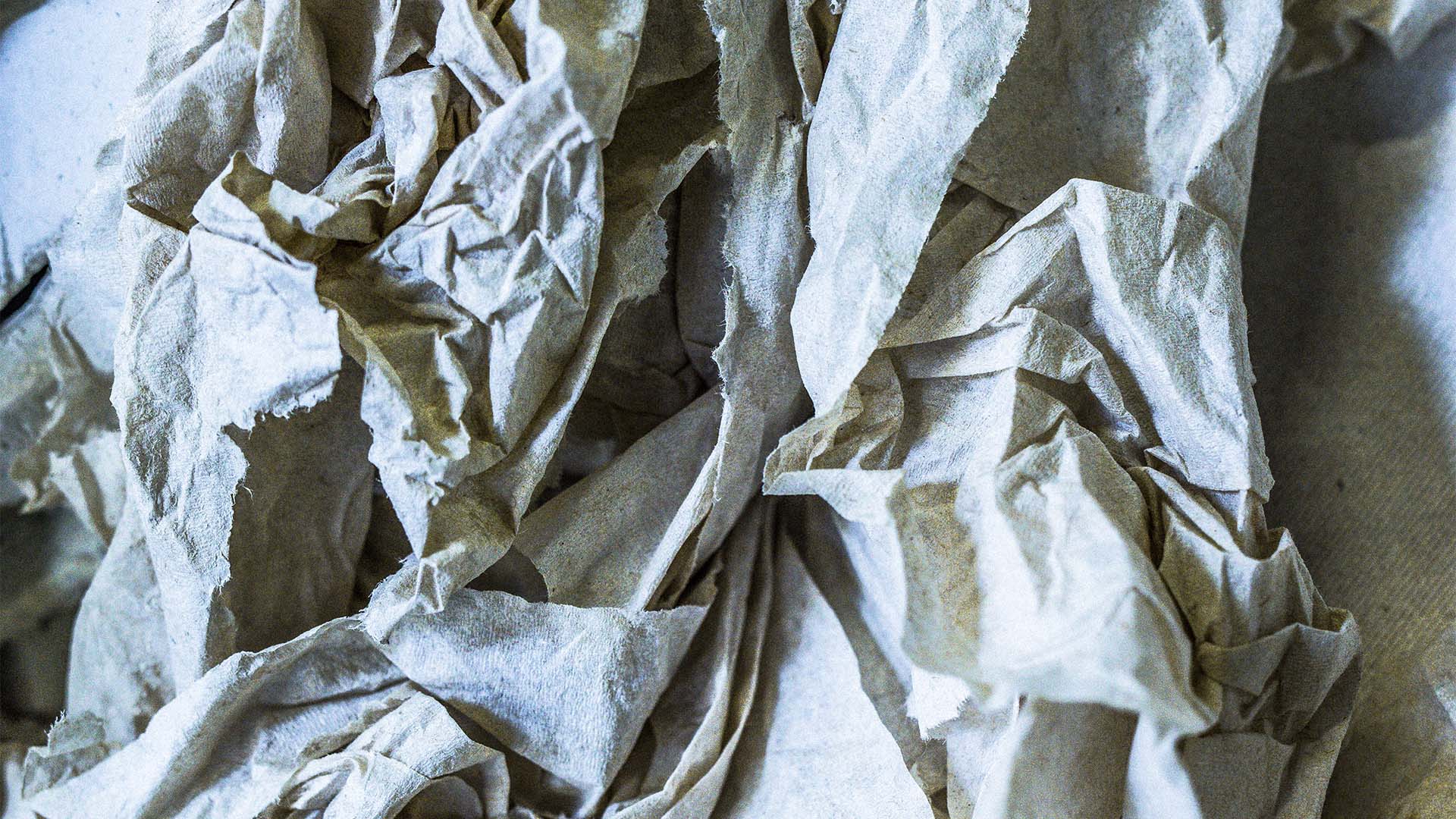Environmental impact of Uniarts Helsinki’s activities
The goals of Uniarts Helsinki’s environmental work include minimising negative environmental effects, developing the university community’s environmental competence and strengthening positive environmental impact.

Uniarts Helsinki’s environmental programme
The environmental programme is a plan for achieving the ecological sustainability objectives of our strategy. The environmental programme document has three main themes, resulting in 23 measures. The goals and measures of the environmental programme were defined in 2022 through a process where all members of the community had the chance to influence the content of the programme. We will monitor the implementation of the environmental programme on a yearly basis as part of Uniarts Helsinki’s operational planning process. We will report the programme’s progress openly, and we will update it when necessary, in 2024 at the latest.
In the early stages, Uniarts Helsinki’s environmental impact is monitored with the help of carbon footprint calculations, in particular. The biggest contributors to the university’s negative environmental impact are heating, electricity, travelling and procurements. In practice, nearly all activities carried out at the university cause emissions, including eating, event organising, artistic work and internet use.
Carbon footprint
Uniarts Helsinki aims to reach carbon neutrality by 2030. Carbon neutrality means that the organisation has net-zero emissions, meaning that emissions and possible offsets are in balance.
Each year, Uniarts Helsinki calculates its carbon footprint to gain a better understanding on its emission sources and to determine the most effective environmental measures for its operations. In 2022, we will monitor the emissions and carbon neutrality especially in two categories, namely travel and facilities.
We regularly develop and improve our calculation methods. Besides emissions caused by facilities and travelling, in future years we also aim to monitor the carbon neutrality of our procurements, catering services and campus restaurants.
Steering group for ecological sustainability
Uniarts Helsinki’s rector has set up a steering group for ecological sustainability, which is chaired by Dean of the Academy of Fine Arts Hanna Johansson. The group is tasked with determining the vision and action plan for ecological sustainability for the ongoing strategy period, compiling annual suggestions for measures in the context of ecological sustainability, monitoring and assessing the achievement of goals as well as managing a reorientation in measures whenever deemed necessary.